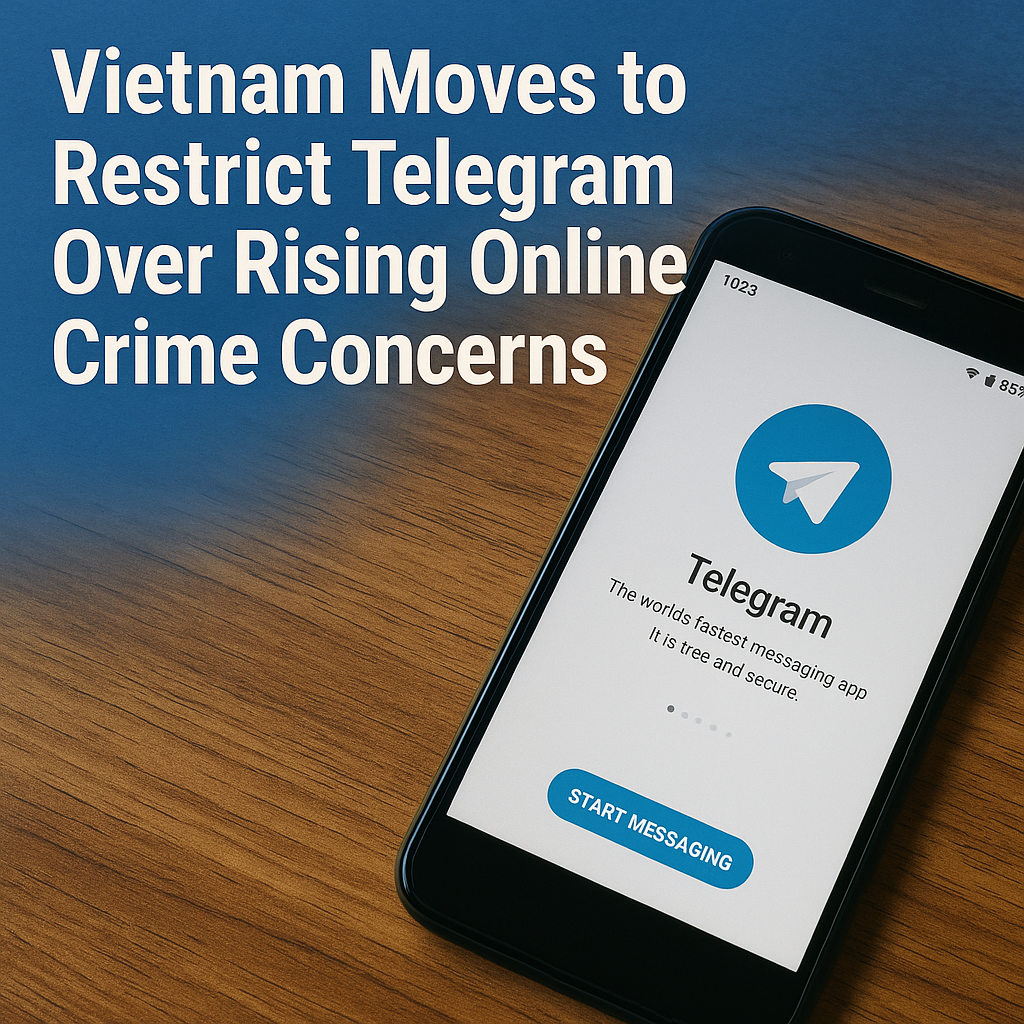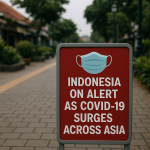HANOI — In a bold move to clamp down on growing online threats, Vietnam’s Ministry of Information and Communications has ordered telecom companies to block access to the popular messaging app Telegram. The decision, outlined in an official document reviewed by Reuters, cites the platform’s alleged failure to cooperate in investigations related to serious criminal activities.
The directive, dated May 21 and signed by a senior official from the ministry’s telecom department, calls for immediate action. Telecom service providers were given until June 2 to enforce the block and report back on their compliance.
Behind this action is a rising tide of concern from Vietnamese authorities. According to a report from the country’s cyber-security department, nearly 70% of over 9,600 Telegram channels and groups operating in Vietnam have been used for illegal purposes. The police specifically pointed to instances of fraud, drug trafficking, and even suspected terrorist-related activity.
Telegram, known for its privacy-focused features, has grown in popularity globally—but this same strength is what Vietnamese officials argue makes it difficult to regulate, enabling misuse by bad actors.
The move reflects a broader challenge faced by governments around the world as they navigate the balance between protecting citizens from harm and preserving digital freedoms. While some may see this as a step toward safer cyberspace, others may worry about the implications for privacy and access to information.
As of now, Telegram has not issued a public response to the Vietnamese government’s action. What’s clear, however, is that the digital landscape in Vietnam is rapidly changing, and this development marks a significant moment in the country’s evolving approach to internet governance.








